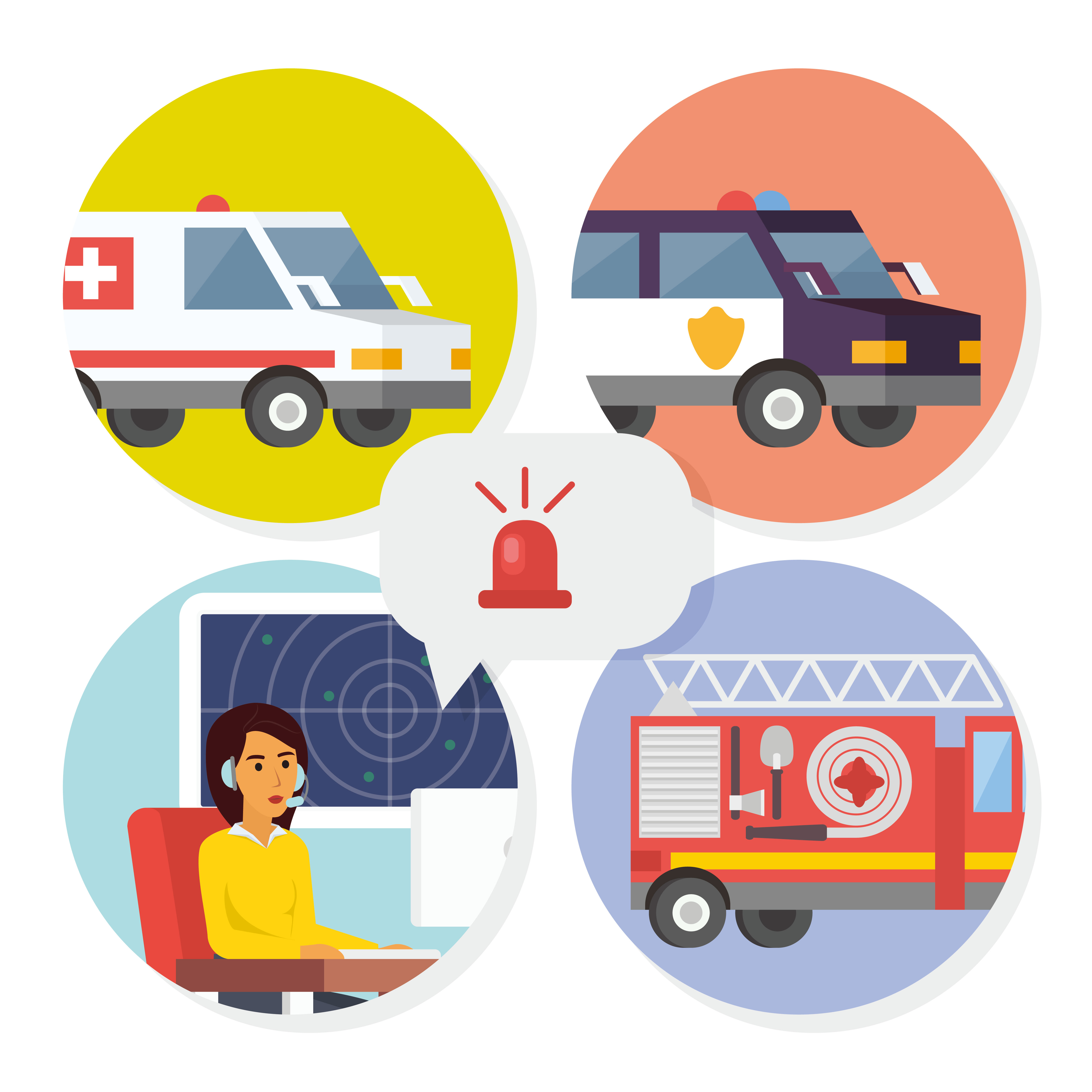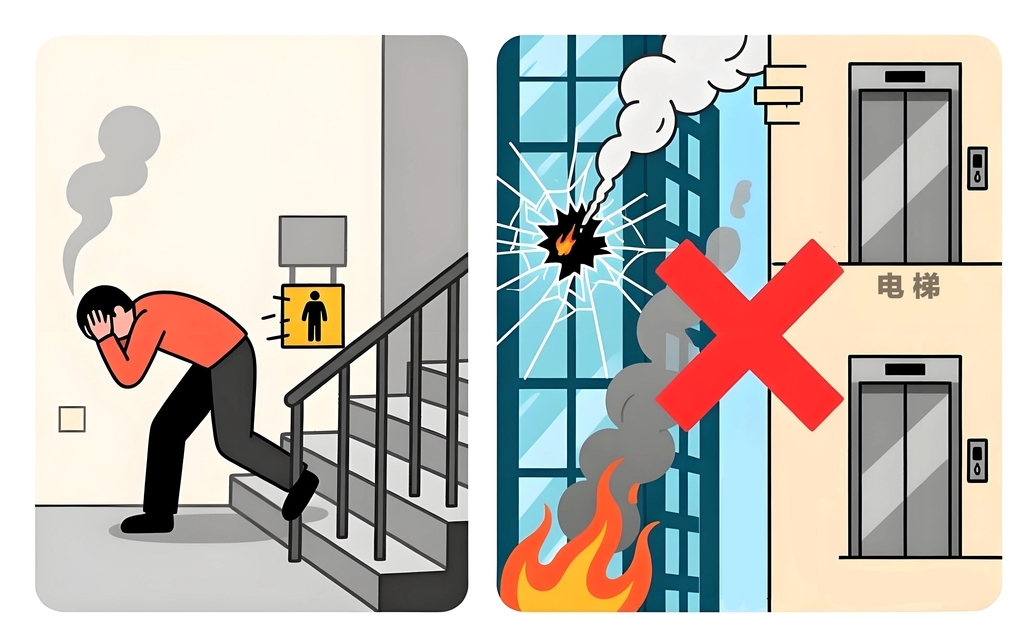What to do in an emergency

In China, there are three emergency hotlines to provide immediate assistance in urgent situations: 110 for police, 119 for fire, and 120 for medical emergencies.
Knowing when and how to use these hotlines can be crucial for getting the help you need quickly and effectively. Whether you're facing a criminal threat, a fire, a natural disaster or a medical crisis, these numbers connect you with trained professionals who can respond to life-threatening situations.

The 110 hotline can be dialed for help in any urgent situation requiring police assistance.
The 110 hotline handles: Criminal cases (theft, robbery) and other urgent personal crises or situations that you can't resolve on your own.
When reporting an emergency, it's suggested you clearly provide the time and location and personal information. This will help police officers contact you if needed.
If you need confidentiality, inform the hotline operator. They will protect your identity to ensure your safety.
For criminal cases like robbery, bag snatching, or theft, you need to provide incident details (time of the crime and the number of suspects involved), suspect description, and escape details (the suspect's direction of escape and vehicle information).
Don't worry if you can't speak Chinese. Shanghai's 110 hotline is available in eight foreign languages: English, Japanese, Russian, German, French, Spanish, Arabic and Korean.

The 119 hotline is for fire emergencies as well as other critical incidents, such as road accidents, building collapses, air crashes, or natural disasters.
Here are the steps to follow when calling 119.
1. Provide accurate information:
- State your exact location clearly, including street name, alley name, house number or any notable landmarks nearby;
- Describe the emergency (fire, explosion, chemical leak) and whether people are trapped or injured.
2. Share contact information:
- Give your name and phone number, so the responder can contact you if needed;
- Listen carefully to the responder's questions and answer accurately.
3. Assist the firefighters: After calling, send someone to wait at the nearest intersection to guide the fire trucks to the scene quickly. Clear access for the fire engines — ensure hallways or paths are unobstructed.
4. Update on changes: If the situation changes (the fire spreads or new dangers arise), inform the fire department immediately so they can adjust their response.
The 119 hotline is available in English.
For non-urgent issues, such as rescuing animals, retrieving lost items or removing wasp nests, please consider alternative solutions first.
Misusing 119 for minor issues can deplete resources and delay critical responses to life-threatening emergencies.

The 120 hotline is the emergency number for medical assistance.
Here are steps to follow when calling 120.
1. Provide a detailed address;
2. Describe the patient's condition: Mention key symptoms or injuries, such as vomiting blood, unconsciousness or a fall, so responders can prepare the necessary equipment;
3. Share your contact information;
4. Guide the ambulance: After the call, send someone to wait at the entrance or nearest intersection to direct the ambulance;
5. Prepare for transportation: Have items ready for the patient to take, such as clothes and medications;
6. Clear access for the ambulance: Ensure hallways or pathways are unobstructed;
7. Follow up if delayed: If the ambulance does not arrive within 20 minutes, call 120 again. Avoid finding other transport unless absolutely necessary, as 120 will send assistance once the call is received.
You usually have to tell the ambulance staff which hospital you want to be taken to. You can choose the nearest hospital to save critical time. You can also consider a hospital specializing in the patient's condition.
When arriving at the hospital, you will likely be asked for payment.
The 120 hotline is also available in English.
